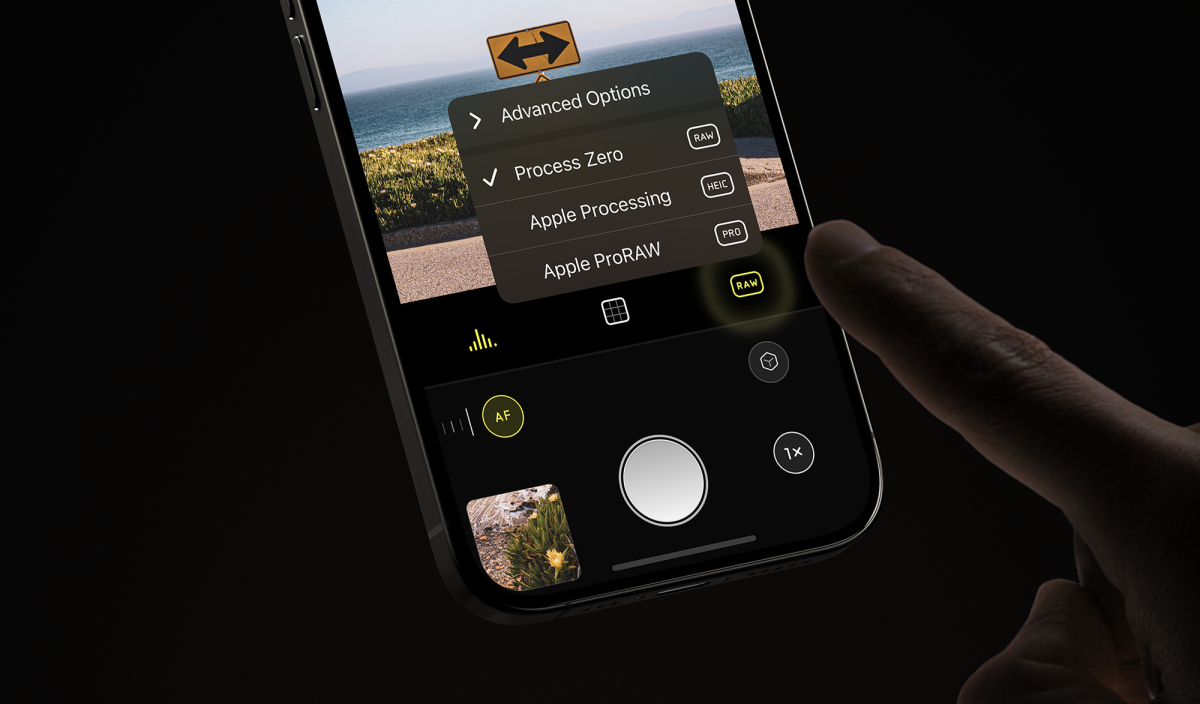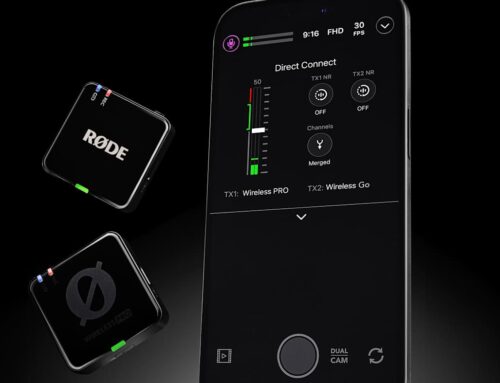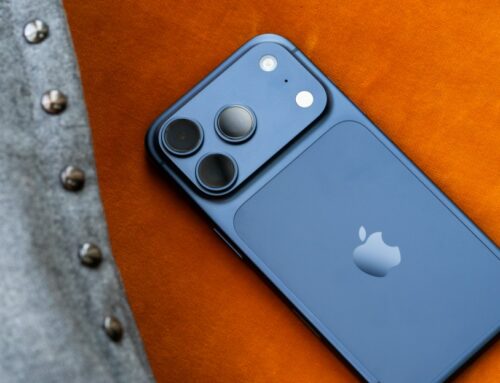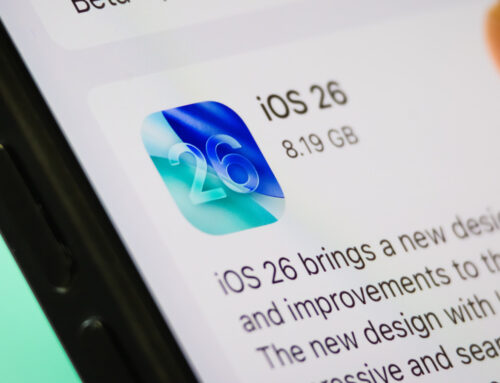Halide is one of the best camera alternatives for the iPhone, a lovingly-crafted app that gives users plenty of manual control over the images they take. And today they just pushed out a major update with an intriguing proposition: an “anti-intelligent” camera.
Of course, more advanced digital photographers will already be familiar with the RAW format, something Halide (and basically all digital camera makers) have offered for years now. RAW simply means you’re getting every bit of data straight from the camera’s sensor, with few modifications or enhancements. The iPhone (and, again, most other digital cameras) typically store photos in a compressed format to save space and with a variety of enhancements applied to make the image look great as soon as you click the shutter.
So Halide’s new format, which they’re referring to as “Process Zero,” is the app’s attempt to make RAW a little more user-friendly. When you open the app, you can choose from three settings: ProRAW (Apple’s custom RAW format that does apply some of the company’s image modifications), Apple Processed (which applies the same computational photography tricks that you’ll get when shooting with Apple’s default camera app) and Process Zero.
Process Zero gives you a RAW file that you can then apply a quick image brightness adjustment to. One of the big benefits from shooting RAW is that you have wide latitude in brightening up a dark image, or toning down one that is blown out. After you make this adjustment, Halide saves the RAW plus brightness adjustment in a new JPEG file that you can then easily export to other apps like Instagram, VSCO, Lightroom, or whatever image editing tool you choose.
The idea here is to let photographers capture RAW images without the computational and algorithmic changes that Apple makes and then easily do something with those photos. So, when you shoot in Process Zero mode, the phone is taking just one image — unlike the Apple camera, which shoots multiple photos and combines them to make a more balanced result. So while that might lead to an image with more noise and with some darker or lighter areas, it can also be significantly sharper and capture more detail than Apple’s process. Halide posted a detailed blog with tons of info on how this all works, complete with examples, and I highly recommend you check it out if you’re curious.
The Halide team also mentioned that the company is working on a Mark III of their app. But unlike Mark II, which arrived with a ton of new features, they’re planning to early-launch some Mark III features to gather feedback; Process Zero is just the first of those. And if you’re curious to check out these RAW capture updates alongside whatever else is in the works, you can get a yearly subscription to Halide for $12 right now, down from the usual $20 price. (If you hate subscriptions, you can also buy Halide Mark II and the eventually III release outright for $60.)







